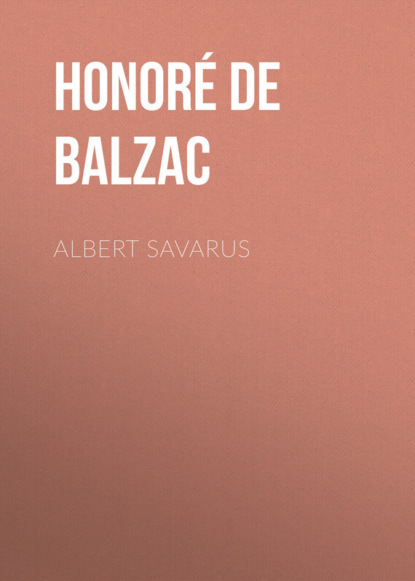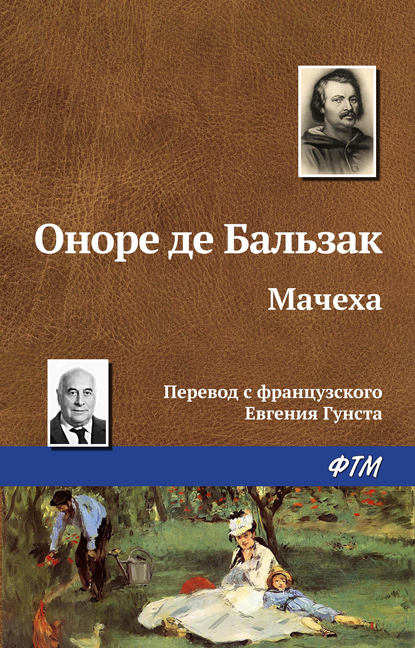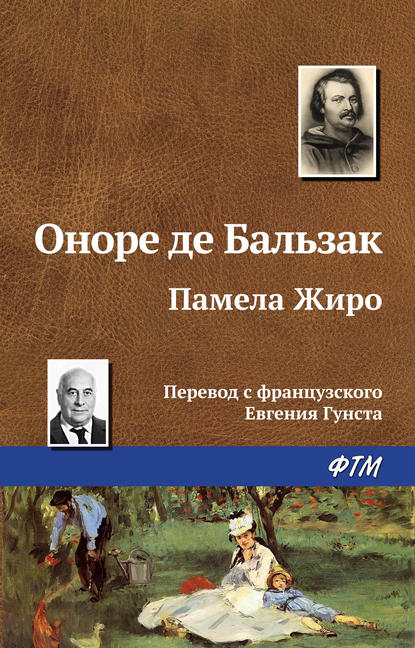
Полная версия
Albert Savarus
“The Wattevilles are having something charming done in their garden,” was rumored in Besancon.
“They are rich, and can afford a thousand crowns for a whim – ”
“A thousand crowns!” exclaimed Madame de Chavoncourt.
“Yes, a thousand crowns,” cried young Monsieur de Soulas. “A man has been sent for from Paris to rusticate the interior but it will be very pretty. Monsieur de Watteville himself is making the chandelier, and has begun to carve the wood.”
“Berquet is to make a cellar under it,” said an Abbe.
“No,” replied young Monsieur de Soulas, “he is raising the kiosk on a concrete foundation, that it may not be damp.”
“You know the very least things that are done in that house,” said Madame de Chavoncourt sourly, as she looked at one of her great girls waiting to be married for a year past.
Mademoiselle de Watteville, with a little flush of pride in thinking of the success of her Belvedere, discerned in herself a vast superiority over every one about her. No one guessed that a little girl, supposed to be a witless goose, had simply made up her mind to get a closer view of the lawyer Savaron’s private study.
Albert Savaron’s brilliant defence of the Cathedral Chapter was all the sooner forgotten because the envy of the other lawyers was aroused. Also, Savaron, faithful to his seclusion, went nowhere. Having no friends to cry him up, and seeing no one, he increased the chances of being forgotten which are common to strangers in Besancon. Nevertheless, he pleaded three times at the Commercial Tribunal in three knotty cases which had to be carried to the superior Court. He thus gained as clients four of the chief merchants of the place, who discerned in him so much good sense and sound legal purview that they placed their claims in his hands.
On the day when the Watteville family inaugurated the Belvedere, Savaron also was founding a monument. Thanks to the connections he had obscurely formed among the upper class of merchants in Besancon, he was starting a fortnightly paper, called the Eastern Review, with the help of forty shares of five hundred francs each, taken up by his first ten clients, on whom he had impressed the necessity for promoting the interests of Besancon, the town where the traffic should meet between Mulhouse and Lyons, and the chief centre between Mulhouse and Rhone.
To compete with Strasbourg, was it not needful that Besancon should become a focus of enlightenment as well as of trade? The leading questions relating to the interests of Eastern France could only be dealt with in a review. What a glorious task to rob Strasbourg and Dijon of their literary importance, to bring light to the East of France, and compete with the centralizing influence of Paris! These reflections, put forward by Albert, were repeated by the ten merchants, who believed them to be their own.
Monsieur Savaron did not commit the blunder of putting his name in front; he left the finance of the concern to his chief client, Monsieur Boucher, connected by marriage with one of the great publishers of important ecclesiastical works; but he kept the editorship, with a share of the profits as founder. The commercial interest appealed to Dole, to Dijon, to Salins, to Neufchatel, to the Jura, Bourg, Nantua, Lous-le-Saulnier. The concurrence was invited of the learning and energy of every scientific student in the districts of le Bugey, la Bresse, and Franche Comte. By the influence of commercial interests and common feeling, five hundred subscribers were booked in consideration of the low price; the Review cost eight francs a quarter.
To avoid hurting the conceit of the provincials by refusing their articles, the lawyer hit on the good idea of suggesting a desire for the literary management of this Review to Monsieur Boucher’s eldest son, a young man of two-and-twenty, very eager for fame, to whom the snares and woes of literary responsibilities were utterly unknown. Albert quietly kept the upper hand and made Alfred Boucher his devoted adherent. Alfred was the only man in Besancon with whom the king of the bar was on familiar terms. Alfred came in the morning to discuss the articles for the next number with Albert in the garden. It is needless to say that the trial number contained a “Meditation” by Alfred, which Savaron approved. In his conversations with Alfred, Albert would let drop some great ideas, subjects for articles of which Alfred availed himself. And thus the merchant’s son fancied he was making capital out of the great man. To Alfred, Albert was a man of genius, of profound politics. The commercial world, enchanted at the success of the Review, had to pay up only three-tenths of their shares. Two hundred more subscribers, and the periodical would pay a dividend to the share-holders of five per cent, the editor remaining unpaid. This editing, indeed, was beyond price.
After the third number the Review was recognized for exchange by all the papers published in France, which Albert henceforth read at home. This third number included a tale signed “A. S.,” and attributed to the famous lawyer. In spite of the small attention paid by the higher circle of Besancon to the Review which was accused of Liberal views, this, the first novel produced in the county, came under discussion that mid-winter at Madame de Chavoncourt’s.
“Papa,” said Rosalie, “a Review is published in Besancon; you ought to take it in; and keep it in your room, for mamma would not let me read it, but you will lend it to me.”
Monsieur de Watteville, eager to obey his dear Rosalie, who for the last five months had given him so many proofs of filial affection, – Monsieur de Watteville went in person to subscribe for a year to the Eastern Review, and lent the four numbers already out to his daughter. In the course of the night Rosalie devoured the tale – the first she had ever read in her life – but she had only known life for two months past. Hence the effect produced on her by this work must not be judged by ordinary rules. Without prejudice of any kind as to the greater or less merit of this composition from the pen of a Parisian who had thus imported into the province the manner, the brilliancy, if you will, of the new literary school, it could not fail to be a masterpiece to a young girl abandoning all her intelligence and her innocent heart to her first reading of this kind.
Конец ознакомительного фрагмента.
Текст предоставлен ООО «Литрес».
Прочитайте эту книгу целиком, купив полную легальную версию на Литрес.
Безопасно оплатить книгу можно банковской картой Visa, MasterCard, Maestro, со счета мобильного телефона, с платежного терминала, в салоне МТС или Связной, через PayPal, WebMoney, Яндекс.Деньги, QIWI Кошелек, бонусными картами или другим удобным Вам способом.












